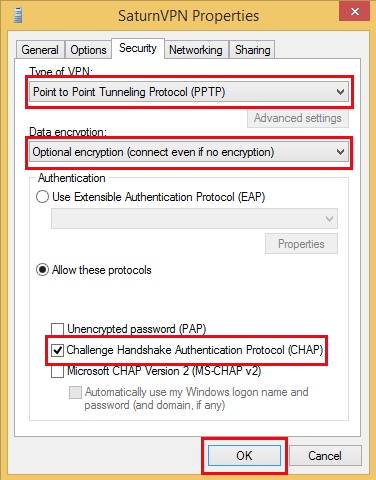

That's good to know, although of course it won't help if you need to access a geoblocked resource right away. In other reviews we've found some significant location differences – one provider's Liechtenstein, Luxembourg, Macao and Marshall Islands servers all assigned US IP addresses to us – but providers have explained that these should match up in a week or two, once the geolocation provider has updated its database. We initially assumed the BBC had detected it as a VPN, but no – it turned out the UK server was giving us German IP addresses, making it unable to unblock any UK resource.

And that can massively affect the service.įor instance, we once logged into a provider's UK server and found it didn't allow access to BBC iPlayer. We've reviewed plenty of VPN providers, and although most servers are located just where they're advertised, this isn't always the case. You're still assigned an Indonesian IP address, but the Singapore physical location should ensure you get faster and more reliable connections. For example, ExpressVPN offers Indonesia as a location, but routes your traffic through a Singapore server. ExpressVPN says that under 3% of its servers aren't physically in their assigned country, but their real location is generally nearby. They'll commonly call these something like 'virtual locations.'Īlthough this sounds dubious, there can be good reasons for it. VPN providers sometimes use this trick to offer locations which appear to be in one country, while in reality they're somewhere else entirely. Anyone can set up some servers in one country, while using these to assign IP addresses from absolutely anywhere else in the world.


The issue with this scheme of things is that there's no guarantee that location is correct. It's just finding your IP address, looking it up in a database and finding its assigned location. There's no Bond-type technology involved, no world map zooming in on your continent, country and city. When a website tries to figure out where you are, it's generally not doing anything particularly clever or advanced. Check out our list of the best VPN providers in the market.In reality, the actual server might be anywhere in the world. Your VPN provider might offer a location in Egypt, say, and every website on the internet might think it's in Egypt, but that doesn't mean it truly is. Providers must constantly add new IP addresses to get around this.īut there's a less obvious issue. Sites like Netflix supplement basic geolocation technology by also trying to detect IP addresses used by VPNs, and blocking anyone using them. Connect to a US location, the VPN should allocate you a US IP address, and websites will see you as visiting from New York, or Miami, or whatever city you choose. Using a VPN makes it easy to bypass this protection. There are several big-name providers who offer this service for businesses, including MaxMind and IP2Location. Geolocation can be as basic as detecting your IP address and looking up its location in a database. When you visit, they use a geolocation system to identify where in the world you are, and then customize their content to match your location. Websites, particularly streaming platforms like Netflix, will often restrict some content to users in specific countries. To understand what your VPN provider might be doing, and why it matters, we should first go back to basics, and one major reason for using a VPN in the first place: to make it appear as though you're in another country.


 0 kommentar(er)
0 kommentar(er)
